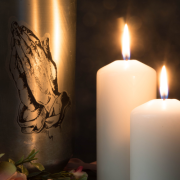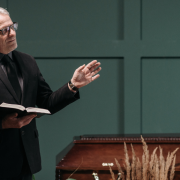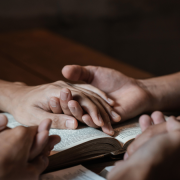Cremation According To Different Religious Views
Many people have opted for cremation services for a great variety of reasons. However, different religions have either opposing or supporting views for this popular funeral rite.
Case in point, Christians traditionally frown upon the practice cremation, with a few exceptions such as the imminent danger of the spread of disease, and the presence of multitudes of corpse after war or during a plague or outbreak. But the Protestant Church was the first to break this tradition, claiming that “God can resurrect a bowl of ashes just as conveniently as he can resurrect a bowl of dust”.
Catholics, too, has traditionally shunned the practice of cremation, until the 1960’s. However, the Catholic Church still prefers the traditional burial of the deceased over the former.
Islam adamantly opposes against cremation, stressing that the body should be treated with respect both while alive and when dead. Depending on the customs of the country, specific rites are followed prior to the burial of the deceased.
The Hindu’s view on cremation, on the other hand, is a different story. It mandates cremation as part of the 16 life rituals. It is believed that cremation not only disposes the body but it also detaches the soul from its physical vessel for it to travel to the next world, and eventually, its rebirth into the next life.
While open-air cremations is a common option among Hindus in India, but it lost its popularity with the advent of crematoriums in urban areas.
Buddhism, Jainism and Sikhism, too, not only encourage cremation but also require it.
Even different Neopagan cults and religions have different views on cremation. On one hand, Patriarchal cults and religion encourage cremation as this allows the spirit to ascend into the domain of the Father deities through the smoke. On the other hand, Matriarchal religions and cults prefer the burial of the deceased often in fetal position as this symbolizes the return of the body to Mother Earth.
Whatever belief one has regarding cremation, it is still a matter of choice. Hence, it is important that one discusses his wishes with his family or loved ones. It may be a very morbid discussion, but this will make the preparation a lot easier for everyone involved.




